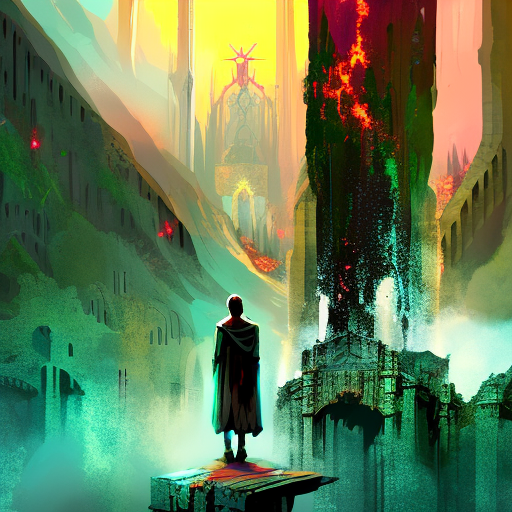One-line Summary:
A God in Ruins is a poignant and thought-provoking novel that explores the complexities of war, family, and the enduring power of love.
Life in the Shadows of War
In A God in Ruins, author Kate Atkinson takes readers on a captivating journey through the life of Teddy Todd, an RAF bomber pilot during World War II. The novel delves into the profound impact of war on individuals and their families, exploring themes of sacrifice, guilt, and the struggle to find meaning in a world shattered by conflict.
Teddy’s experiences as a pilot shape his entire existence, and Atkinson skillfully weaves together different timelines to provide a comprehensive understanding of his life. From his harrowing missions over Germany to the aftermath of the war and the challenges of post-war Britain, the narrative captures the full spectrum of Teddy’s experiences.
Family Dynamics and the Weight of Expectations
At the heart of A God in Ruins lies the complex web of relationships within Teddy’s family. His strained relationship with his daughter, Viola, serves as a focal point throughout the novel. Viola, burdened by her own demons, struggles to connect with her father and find her place in the world. Atkinson explores the generational divide and the impact of Teddy’s war experiences on his daughter’s perception of him.
The novel also delves into Teddy’s relationship with his wife, Nancy, and their son, Sunny. Through their interactions, Atkinson explores the challenges of maintaining a sense of normalcy and stability in the aftermath of war. Teddy’s role as a husband and father is deeply affected by his wartime experiences, and the novel examines the lasting consequences of trauma on familial relationships.
The Power of Love and Redemption
Despite the darkness and despair that permeate A God in Ruins, Atkinson also explores the enduring power of love and the possibility of redemption. Teddy’s unwavering love for his family, particularly his grandson, Bertie, becomes a beacon of hope in a world scarred by war.
As the novel progresses, Atkinson skillfully reveals the complexities of Teddy’s character, highlighting his resilience and capacity for forgiveness. Through Teddy’s journey, readers are reminded of the transformative power of love and the potential for redemption, even in the face of unimaginable loss and suffering.
Key Takeaways:
- War leaves a lasting impact on individuals and their families, shaping their lives long after the conflict has ended.
- The weight of expectations and the struggle to find one’s place in the world can strain familial relationships.
- Love has the power to heal and redeem, even in the darkest of times.
“We live on, as long as there are people to live on in.”
In conclusion, A God in Ruins is a beautifully crafted novel that delves into the complexities of war, family dynamics, and the enduring power of love. Atkinson’s masterful storytelling and nuanced characters make for a compelling read that lingers in the reader’s mind long after the final page.












